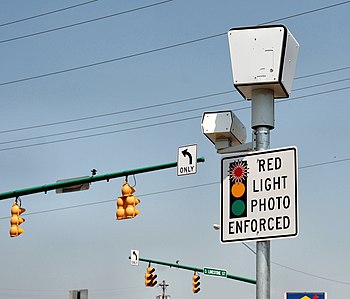
US Senator Bernie Sanders (allegedly a Vermont Independent, but running for president as a Democrat) and US Representatives Raul Grijalva (D-AZ), Keith Ellison (D-MN) and Bobby Rush (D-IL) introduced bills in Congress last week aiming to “ban private prisons, reinstate the federal parole system and eliminate quotas for the number of immigrants held in detention.” The bills won’t pass, and who knows what devils lurk in their details, but the general direction is right.
Americans should be embarrassed by the propensity of government at all levels to cage other Americans. We’ve often heard over the last few years that the US government imprisons a higher proportion of its own subject population than any other government on Earth. I doubt that’s true — the remaining Communist regimes and other dictatorships likely don’t honestly account for how many people they incarcerate — but the US certainly leads the “western democracies” in the matter. Nearly one in every 30 Americans is “under correctional supervision,” i.e. in jail, in prison, or on parole or probation.
As a libertarian, I’m all for “privatization.” I’d love to see as many services as possible taken out of government’s hands and left to the private sector.
But “private prisons” aren’t “private” in any meaningful sense of the word. They’re still operated under government supervision and according to government rules; they are still paid for with taxpayer dollars. Fake “privatization” of prisons creates two bad situations:
First, it creates a special interest lobby centered around how much money can be made by sticking people in cages. “Private prison” companies lobby for things like mandatory minimum sentences and a litany of new or revised “tough on crime” laws that put more and more non-violent criminals in their facilities to generate more and more profits. That lobby finances the campaigns of politicians who pass such laws. It’s good for business.
Second, it results in situations where no one is held accountable or responsible for abuses. When, for example a prisoner dies for lack of proper medical care, the politicians blame the “private prison” operators and the operators blame the politicians, round and round in a circle until someone’s wrist gets slapped and everyone forgets about it (until the next such incident).
I won’t vote for him, but Sanders is right on this. We should be looking for ways to minimize, or even abolish, imprisonment, not ways to pretend we’ve “privatized” it.
Thomas L. Knapp is director and senior news analyst at the William Lloyd Garrison Center for Libertarian Advocacy Journalism (thegarrisoncenter.org). He lives and works in north central Florida.
PUBLICATION/CITATION HISTORY
- “Private Prisons: Bernie Sanders is Right,” by Thomas L. Knapp, OpEdNews, 10/01/15
- “Private Prisons: Why Bernie Sanders is Right,” by Thomas L. Knapp, CounterPunch, 10/01/15
- “Private Prisons: Bernie Sanders is Right,” by Thomas L. Knapp, Ventura County, California Citizens Journal, 10/01/15
- “Private prisons: Bernie Sanders is right,” by Thomas L. Knapp, Muscatine, Iowa Journal, 10/02/15
- “Private prisons: Bernie Sanders is right,” by Thomas L. Knapp, Davenport, Iowa Quad-City Times, 10/02/15
- “Private prisons: Bernie Sanders is right,” by Thomas L. Knapp, McAlester, Oklahoma News Capital, 10/04/15
- “Bernie Sanders is Right About Private Prisons,” by Thomas L. Knapp, Littleton, Vermont Record, 10/07/15

